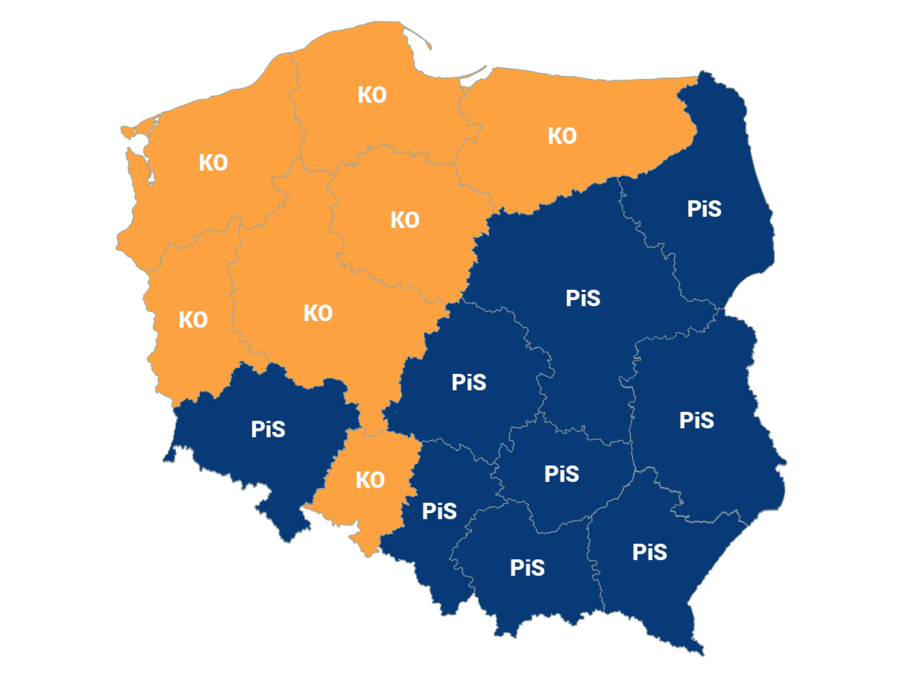While PiS still has a lot of support in abstract (500+) terms, individual representatives tend to be deeply uncharismatic and/or disliked.
Yes, it's a very fair observation. Their policies are popular, but that only works when you have a well known and liked face promoting them. In local elections where personalities are more important, they struggle because it's very easy for opposition candidates to pick them off. Look what happened in Łódź, where you had the immensely dislikable Suski trying to tell voters there that there's no point voting for Zdanowska, or in Warsaw where Jaki was trying desperately to pretend that he was a Varsovian despite not even knowing the result of the last Legia game.
About a likable PiS politician - Szydło, strangely enough. People like her, even though she's a screeching whining bureaucrat at best. She somehow connected with female voters, though I have no idea how or why.
The fact that PiS has won 32,3% of the provincial elections, as opposed to its 26,8% in 2014, probably shows that PiS will most likely win absolute majority vote
Nice propaganda, but epic fail. They've actually dropped back 5.5% from the 2015 election, and they've lost by around 8% to KO/PSL. The claim that the results should be taken with a "pinch of salt" is also laughable, because more people voted in these elections than in the 2015 parliamentary elections.
PiS voters never "don't bother to vote". They are older and less educated voters with little mobility, hence they vote without fail. If PiS could only win 32.5% despite three years of non-stop propaganda and social transfers, then they've a hell of a lot of work ahead of them if they want to win in 2019.
What this election tells us is that PiS, despite controlling public media and with vast financial resources at their hands - still couldn't win more than 32.5%. It's actually 0.4% more than they got in the 2007 election, which was an electoral disaster for them.

